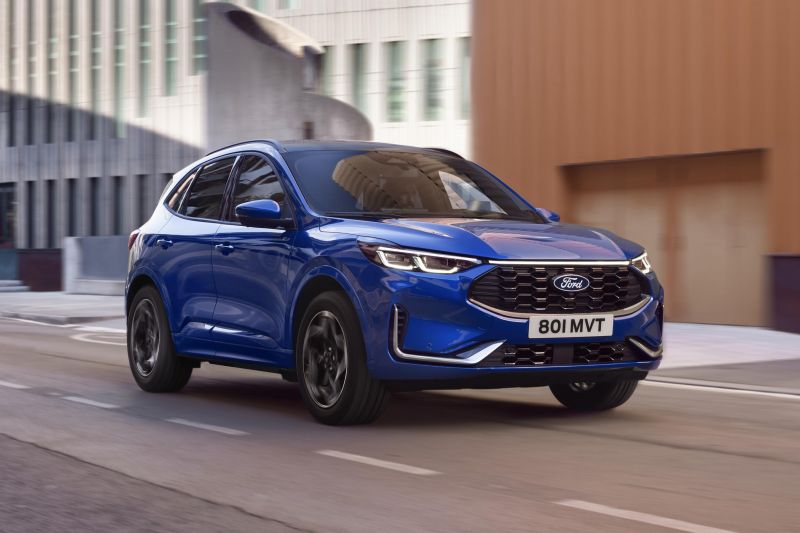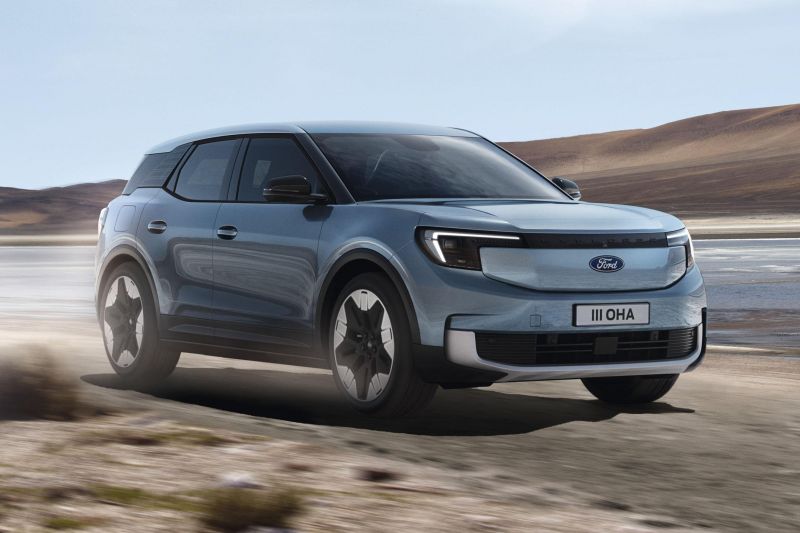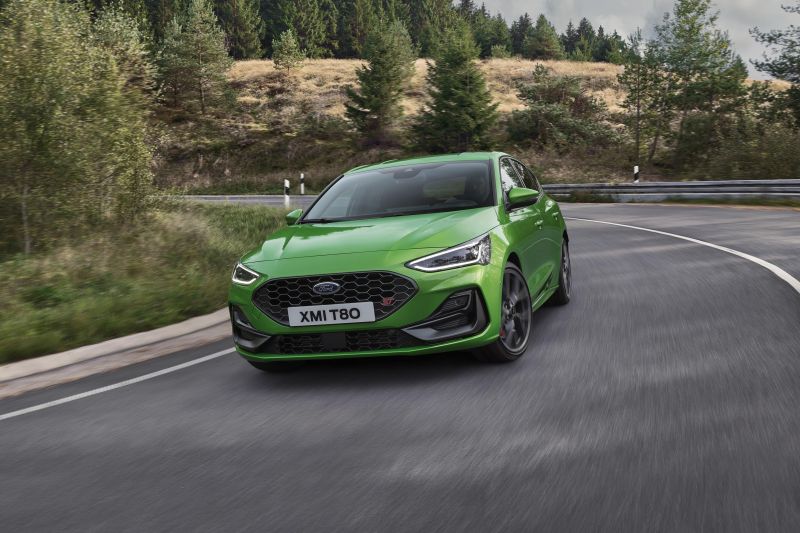A year-long trial of non-negotiable, fixed prices has led to Ford scrapping its plans to introduce an ‘agency model’ in Europe, according to overseas reports.
The controversial sales model typically results in manufacturers taking full control of their retail network, with dealers instead acting as agents for them.
This in turn eliminates some operating costs and allows the carmakers to set standardised prices and take a larger cut of every sale.
Ford’s European division ran a 12-month trial of fixed prices in the Netherlands last year, with a vision to implement non-negotiable pricing in the country permanently in 2024, followed by Germany by 2025.
However, Autocar reports the plans have since been scrapped, with Anna Lena Strigel – the head of sales and brand management for Ford’s ‘Model e’ electric vehicle division – saying the brand is developing a hybrid model which will see the company receive more information from its franchise dealers.
“We’ve evolved pretty much our thinking to become what we call an ‘advanced franchise’ model, where we use the latest systems to get more insights about customers, and we can really follow the customer journey end to end, while still keeping the franchise partner as the very important backbone of our system,” Ms Strigel told Autocar.
“Learnings have brought us to an evolved franchise network. We believe in the power of having full transparency of data sharing between OEMs and franchise partners.”
Ford follows JLR in scrapping its agency sales plans for Europe. Other carmakers like Audi and Stellantis have also delayed their plans to implement the sales model.
While Ford’s global CEO Jim Farley said last year that he wanted to introduce fixed prices in the US, the brand’s Australian division has consistently denied having any plans to go to a non-negotiable model in Australia.
So far, only Honda and Mercedes-Benz have switched from a traditional franchise model to a fixed-price model in Australia, both of which resulted in sales drops at a time when the new-car market continues to grow.
Since introducing fixed prices in July 2021, Honda posted its two weakest sales years on record, dropping from 29,040 vehicles sold in 2020 (the last full year before going non-negotiable) to 14,215 sales in 2022, and 13,734 sales in 2023.
By contrast, the brand sold 25,571 vehicles in Australia in 1997, and recorded a record 60,529 sales in 2007.
For Mercedes-Benz, the German luxury marque’s Australian operations – excluding its Mercedes-Benz Vans division – moved to non-negotiable prices from January 2022.
This resulted in a gradual sales decline from 28,348 car and SUV sales in 2021, to 26,801 sales in 2022 and 24,315 in 2023.
Mercedes-Benz also faced a lawsuit brought on by its 38 of its former franchise owners who claimed they weren’t compensated for the brand’s move to fixed prices.
The Federal Court ultimately found in favour of Mercedes-Benz in August 2023, though it was noted that Australian franchise law should be reviewed to prevent similar future cases.
While these established brands have experienced issues in switching to an agency sales model, there are other, newer brands like Genesis, Polestar and Tesla that have opted to launch in Australia with such a model.
MORE: Everything Ford


